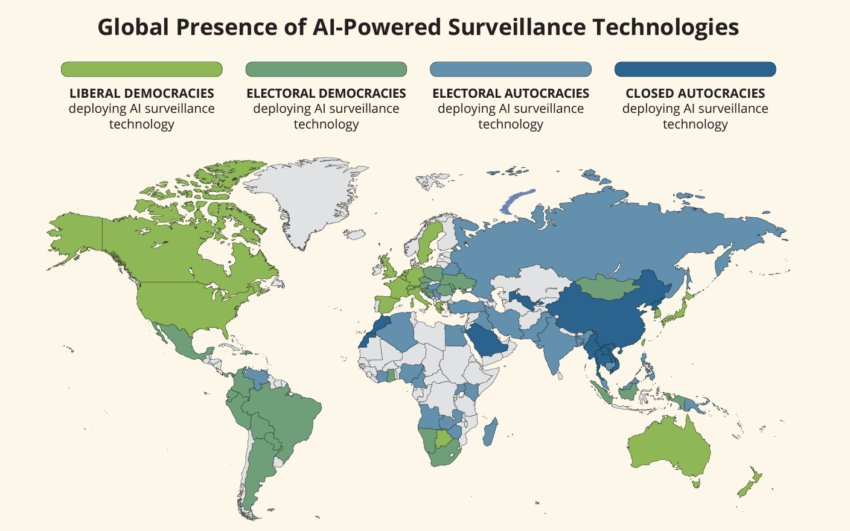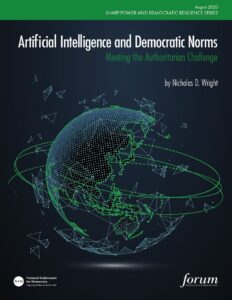
National Endowment or Democracy (NED)
Artificial intelligence (AI) has revolutionized various industries and improved countless aspects of daily life. However, as AI systems advance, concerns about the potential risks associated with a so-called “AI Digital God” have emerged, The London Times reports:
An AI Digital God is a highly advanced, omnipotent AI system. It could potentially control or influence various aspects of human life. This concept has gained traction recently. Prominent figures like Elon Musk and Sundar Pichai have discussed the potential risks of creating an AI system with god-like capabilities.
 Artificial intelligence is quickly getting better at mimicking reality, raising big questions over how to regulate it. And as tech companies unleash the ability for anyone to create fake images, synthetic audio and video, and text that sounds convincingly human, even experts admit they’re stumped, NPR reports:
Artificial intelligence is quickly getting better at mimicking reality, raising big questions over how to regulate it. And as tech companies unleash the ability for anyone to create fake images, synthetic audio and video, and text that sounds convincingly human, even experts admit they’re stumped, NPR reports:
Some of those risks are already here. For several years, AI has been used to digitally insert unwitting women’s faces into porn videos. These deepfakes sometimes target celebrities and other times are used to take revenge on private citizens. It underscores that the risks from AI are not just what the technology can do — they’re also about how we as a society respond to these tools……That means for better or worse, sorting fact from AI fiction requires people to be savvier media consumers, though it doesn’t mean reinventing the wheel. Propaganda, medical misinformation and false claims about elections are problems that predate AI.
“We should be looking at the various ways of mitigating these risks that we already have and thinking about how to adapt them to AI,” said Princeton University computer science professor Arvind Narayanan.
That includes efforts like fact-checking, and asking yourself whether what you’re seeing can be corroborated, which Irene Solaiman, a safety and policy expert at the AI company Hugging Face, calls “people literacy.”
“Just be skeptical, fact-check anything that could have a large impact on your life or democratic processes,” she said.







